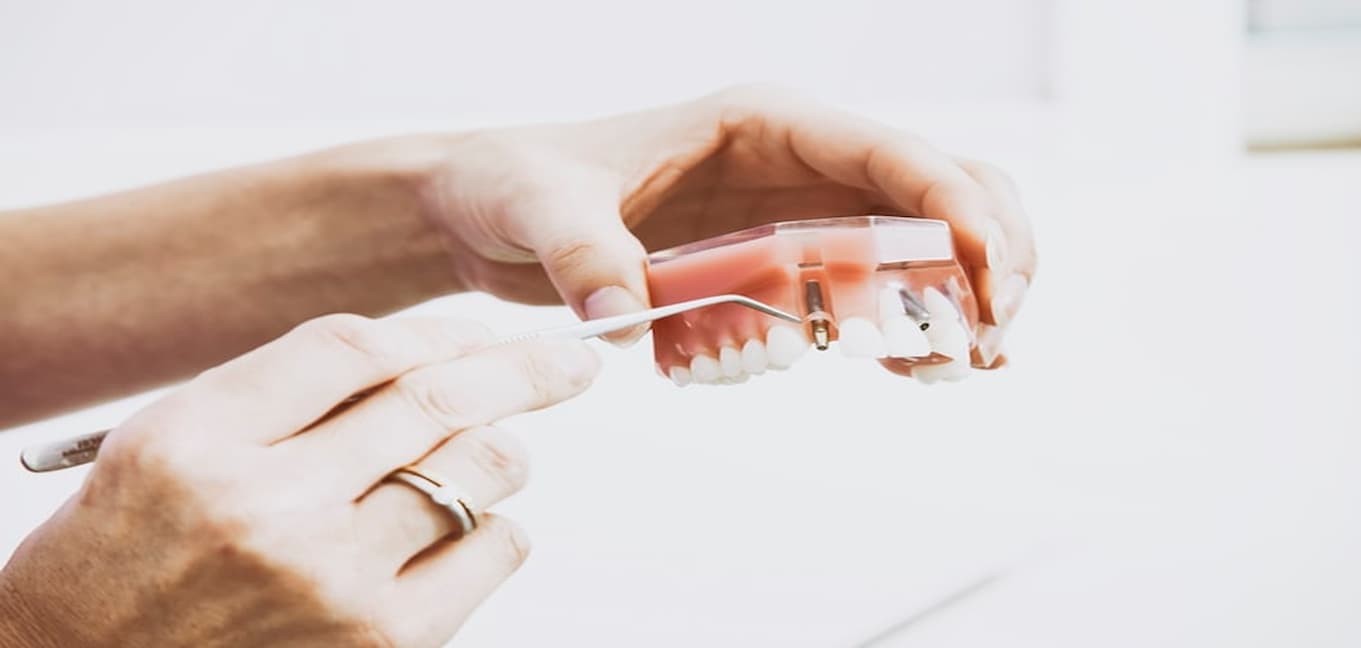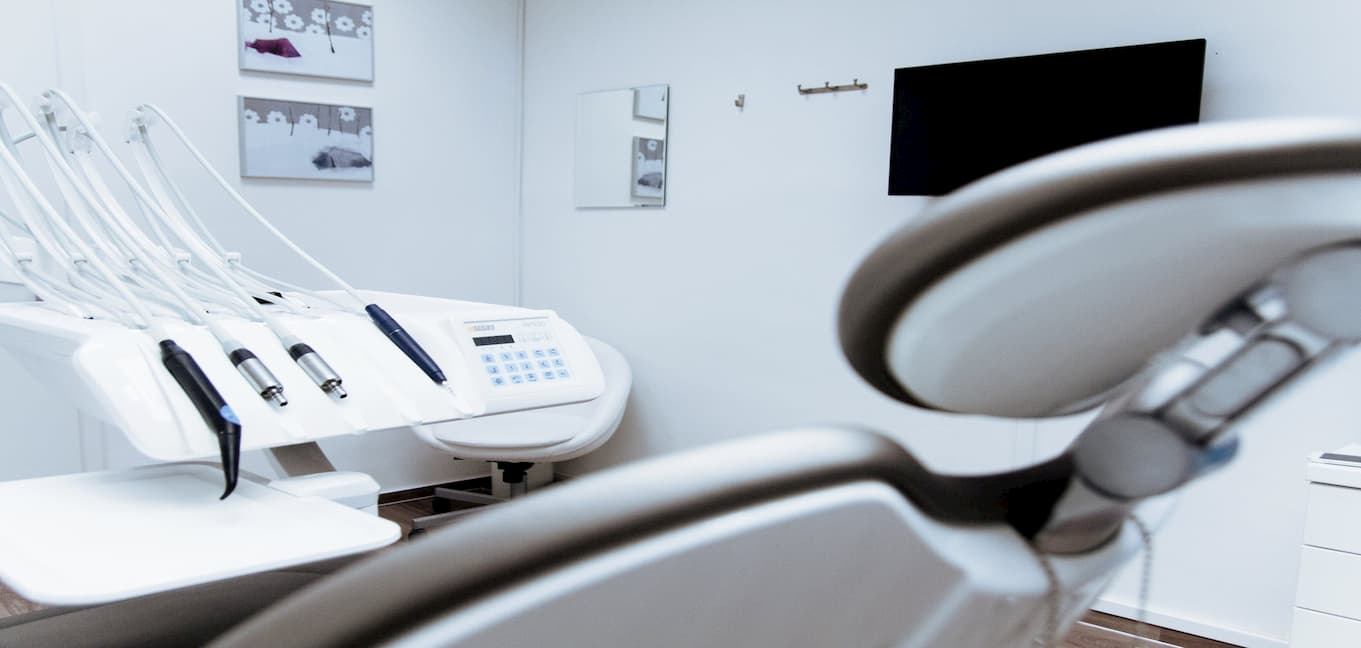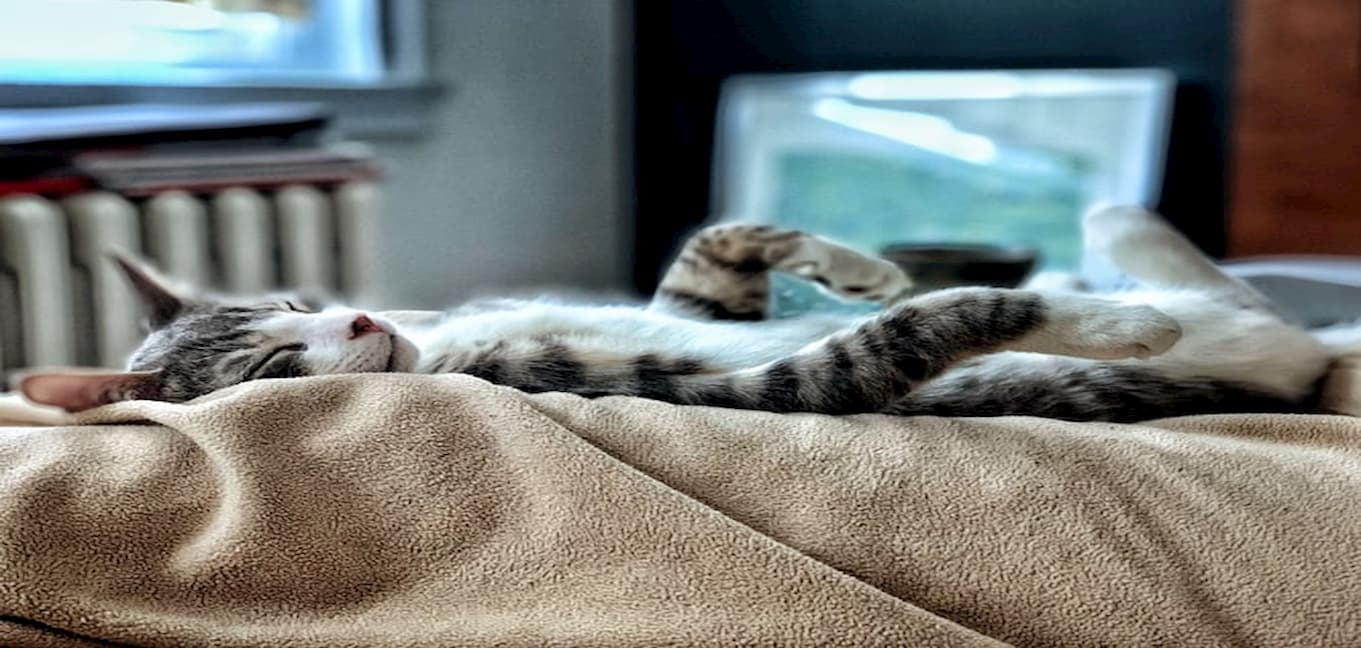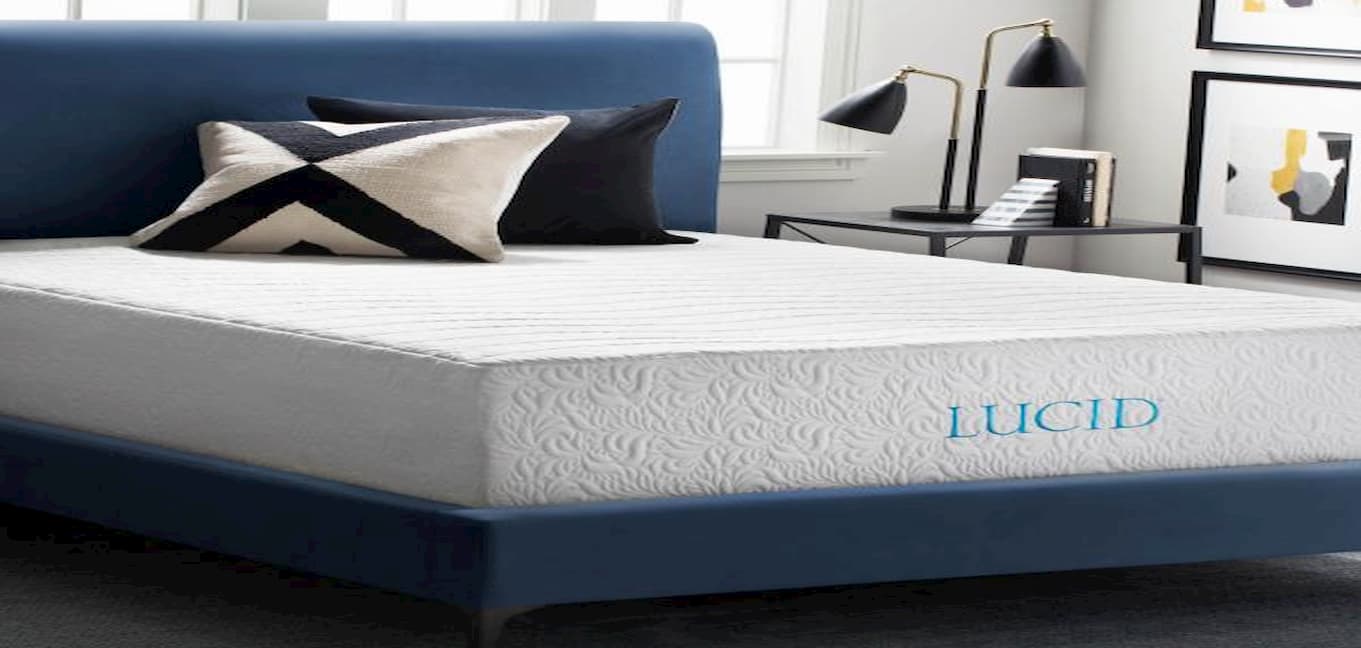An essential oil is a concentrated hydrophobic liquid containing volatile (easily evaporated at normal temperatures) chemical compounds from plants. Essential oils are also known as volatile oils, ethereal oils, aetherolea, or simply as the oil of the plant from which they were extracted, such as oil of clove. An essential oil is “essential” in the sense that it contains the “essence of” the plant’s fragrance—the characteristic fragrance of the plant from which it is derived.
Essential oils are generally extracted by distillation, often by using steam. Other processes include expression, solvent extraction, sfumatura, absolute oil extraction, resin tapping, wax embedding, and cold pressing. They are used in perfumes, cosmetics, soaps and other products, for flavoring food and drink, and for adding scents to incense and household cleaning products
There are more than 90 types of essential oils, each with its own unique smell and potential health benefits.
What essential oil is good for headaches?
- Lavender oil.
- Rosemary oil
- Peppermint oil
- Chamomile oil
- Eucalyptus oil.
What essential oil is good for a cold?
- Eucalyptus essential oil
- Rosemary essential oil
- Peppermint essential oil
- Frankincense essential oil
- Oregano essential oil
- Thyme essential oil
- Bergamot, nutmeg, and cypress essential oils
- Cinnamon essential oil
- Tea tree essential oil
What essential oil is good for sleep?
- Lavender Oil (Plant Therapy)
- Valerian Oil (Healing Solutions)
- Clary Sage (Edens Garden)
- Sweet Marjoram (Healing Solutions)
- Roman Chamomile (Aviano Botanicals)
- Bergamot (NOW Solutions)
What essential oil is good for acne?
- To Reduce Blemishes: Tea Tree Oil. Maple Holistics 100% Pure Tea Tree Natural Essential Oil.
- To Treat Cysts and Boils: Clove Essential Oil.
- To Fight Pimples On Oily Skin: Lemongrass Essential Oil.
- To Heal Popped Pimples: Lavender Essential Oil.
- To Reduce Scarring: Frankincense Essential Oil.
What essential oil is good for allergies?
- Eucalyptus oil
- Tea tree oil
- Peppermint oil
- Lemon oil
- Blend of sandalwood, frankincense, and Ravensara oil
What essential oil is good for pain?
- Lavender oil. Lavender is prized for its ability to calm and relax.
- Eucalyptus oil. Eucalyptus has a cooling effect on muscles and reduces pain and inflammation.
- Roman and German chamomile oils. Chamomile oils can help with pain and inflammation.
- Rosemary oil.
- Yarrow oil.
What essential oil kills fleas?
- Pennyroyal
- Lavender
- Lemon/Lemongrass
- Peppermint
- Rosemary
- Clove
- Thyme
What essential oil is good for nausea?
- Ginger oil. Ginger essential oil may help to relieve nausea and digestive issues.
- Peppermint oil. Mints and mint teas may help manage the symptoms of colds and illnesses, including nausea.
- Lavender oil.
- Fennel seed oil.
- Lemon oil.
which essential oil is best for hair growth
- Lavender essential oil. Lavender oil can speed up hair growth.
- Peppermint essential oil.
- Rosemary essential oil.
- Cedarwood essential oil.
- Lemongrass essential oil.
- Thyme essential oil.
- Clary sage essential oil.
- Tea tree essential oil.
Are essential oil diffusers safe?
As the essential oil market continues to grow, so do concerns about whether these highly concentrated plant extracts are safe for common use. Many consumers are unaware of the potential risks while using essential oils in their wellness, beauty, and cleaning routines.
Whether a specific oil is safe for you depends on a number of factors, including your:
age
- underlying health conditions
- medication and supplement use
When it comes to the oil, it’s important to consider:
- chemical composition and purity
- method of use
- duration of use
- dosage
Read on to learn how to safely use each method, which oils to try and which to avoid, what to do if you experience side effects, and more.
How much essential oil in diffuser?
Essential oils require dilution to prevent adverse reactions. As a general rule, you should keep concentration levels of essential oils below 5 percent.
Diluting at 1 percent is equivalent to adding 6 drops of essential oil to 1 ounce of carrier oil. Guidelines for safe concentrations vary by age and health condition.
Are essential oil diffusers safe for dogs?
Essential oils should never be left out or open when there are petsin the house. If used on dogs topically, essential oils must be diluted to be safe. If you choose to diffuse essential oils with dogsin the house, do so only for short periods of time and in a room where the dogs do not have direct exposure.
Can essential oil be used in humidifier?
If you use a humidifier, you can put some drops of the essential oils in the water tank of your humidifier and the oil essence will be spread along with the water vapor. This can be done with a cool mist humidifier or a warm mist humidifier. … The candle uses the heat to disperse the molecules of the oil.






